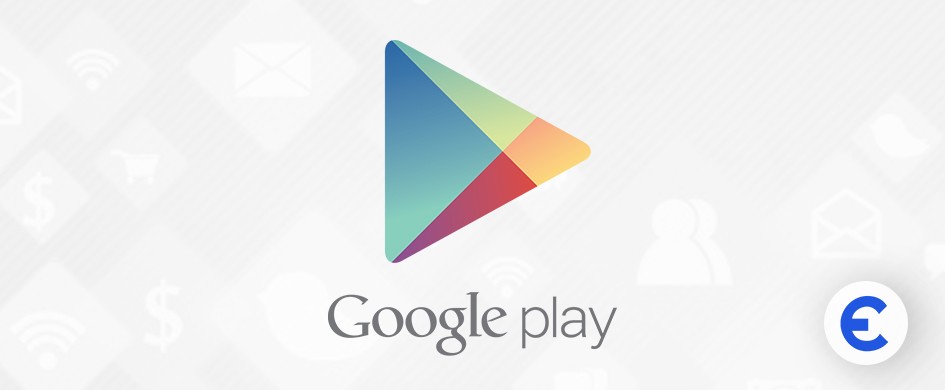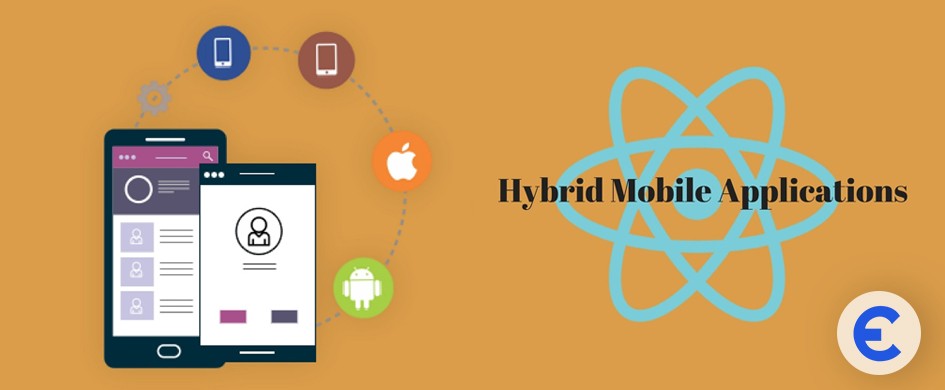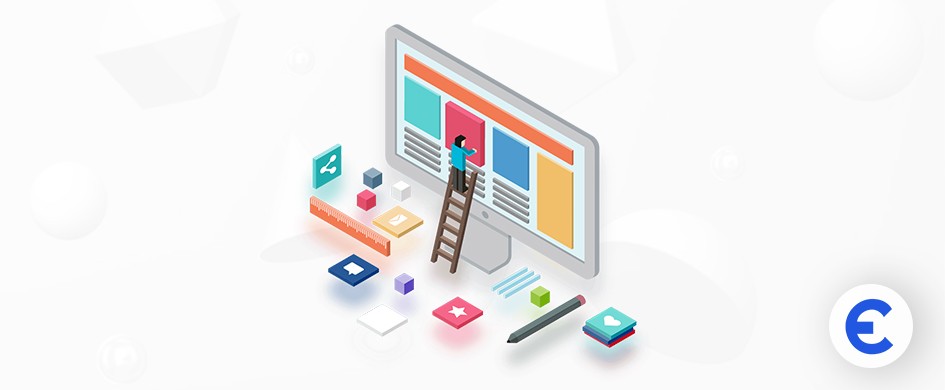In the fast-paced, tech-driven world we live in today, traditional marketing strategies are no longer sufficient for businesses aiming to stay competitive. With the internet playing an integral role in consumers' lives, digital marketing has emerged as a powerful tool to reach and engage with target audiences. Whether it’s through social media platforms, search engines, or email campaigns, digital marketing offers a multitude of ways to connect with potential customers, foster brand loyalty, and drive sales.
But what exactly does digital marketing entail, and how can it be leveraged effectively to achieve business goals? This comprehensive guide will delve into the shades of digital marketing, exploring its various facets, comparing it with inbound marketing, and providing actionable insights on running successful campaigns. By the end of this article, you’ll not only have a solid understanding of digital marketing but also how to apply its principles to your business, regardless of size or industry.
What is Digital Marketing?
Digital marketing refers to the use of digital channels, such as websites, social media, search engines, email, and mobile apps, to promote products or services. It’s a broad field that encompasses a wide range of strategies aimed at reaching customers online. Unlike traditional marketing, which often relies on print media, radio, and television, digital marketing leverages the power of the internet to connect with audiences in real-time.
At its core, digital marketing is about reaching the right people at the right time with the right message. Whether it’s through a targeted ad on social media or a well-optimized blog post, digital marketing allows businesses to engage with their audience where they spend most of their time—online.
Digital Marketing vs. Inbound Marketing
While digital marketing and inbound marketing are often used interchangeably, they are not the same. Digital marketing is a broad term that includes all online marketing activities, whether they are inbound or outbound. Inbound marketing, on the other hand, is a specific approach within digital marketing that focuses on attracting customers by providing valuable content and experiences tailored to their needs.
Inbound marketing is all about drawing people in by creating content that resonates with them. Instead of pushing products or services through ads, inbound marketing seeks to build relationships with potential customers through blogs, social media, SEO, and other content-driven strategies. Digital marketing, in contrast, can include both inbound tactics like SEO and content marketing, as well as outbound tactics like display ads and email blasts.
Types of Digital Marketing
Digital marketing is a dynamic and expansive field, offering a variety of strategies that businesses can employ based on their specific goals and target audience. Each type of digital marketing has its unique approach, tools, and benefits. Understanding these types can help businesses choose the right combination of strategies to effectively reach their audience and achieve their objectives. Here’s an in-depth look at some of the most common and impactful types of digital marketing:
1. Search Engine Optimization (SEO)
Search Engine Optimization, or SEO, is the practice of optimizing your website to achieve higher rankings on search engine results pages (SERPs). The higher your website ranks, the more visible it becomes to potential customers searching for relevant keywords. SEO involves a mix of on-page strategies, such as optimizing content and meta tags with target keywords, and off-page strategies, like building backlinks from authoritative sites. Additionally, technical SEO focuses on improving website structure, speed, and mobile-friendliness to enhance user experience and ensure search engines can easily crawl and index your site. Effective SEO can lead to increased organic traffic, which is crucial for long-term online success.
2. Content Marketing
Content marketing revolves around creating and distributing valuable, relevant, and consistent content to attract and engage a clearly defined audience. Unlike traditional advertising, content marketing doesn’t directly promote a brand but aims to provide useful information that resonates with potential customers. This can include blog posts, videos, podcasts, infographics, eBooks, and more. The goal is to build trust and authority, positioning your brand as an industry leader. Over time, this strategy can nurture leads and drive profitable customer actions, as well-crafted content encourages users to explore your products or services further.
3. Social Media Marketing
Social media marketing leverages popular platforms like Facebook, Instagram, Twitter, LinkedIn, and TikTok to promote your brand and connect with your audience. This type of marketing is highly interactive, allowing businesses to engage with customers through posts, comments, direct messages, and live sessions. Social media marketing can include organic efforts, such as creating engaging content that encourages shares and likes, as well as paid campaigns, where businesses target specific demographics with ads. Social media’s real-time nature makes it an excellent tool for brand awareness, customer service, and community building, enabling brands to foster a loyal customer base.
4. Email Marketing
Email marketing is one of the oldest yet most effective forms of digital marketing. It involves sending targeted emails to a list of subscribers, keeping them informed about your products, services, or promotions. Unlike other digital marketing forms, email marketing allows for a more personalized approach, as emails can be tailored to individual preferences and behaviors. This marketing strategy is particularly powerful for nurturing leads, driving repeat purchases, and maintaining customer relationships. With tools that allow for automation and segmentation, businesses can efficiently manage large email lists and ensure that their messages reach the right people at the right time.
5. Pay-Per-Click Advertising (PPC)
Pay-Per-Click (PPC) advertising is a model where advertisers pay a fee each time their ad is clicked. Essentially, it’s a way of buying visits to your site rather than attempting to earn them organically. PPC ads can appear on search engines like Google (through Google Ads) or on social media platforms like Facebook and Instagram. The ads are often displayed at the top of SERPs or within social media feeds, making them highly visible. PPC campaigns can be precisely targeted based on keywords, demographics, location, and even time of day, allowing businesses to reach the right audience. The immediate nature of PPC makes it an effective marketing strategy for driving quick traffic and conversions.
6. Affiliate Marketing
Affiliate marketing is a performance-based strategy where businesses partner with affiliates—typically bloggers, influencers, or other content creators—to promote their products or services. In return, affiliates earn a commission for every sale or lead they generate. This type of marketing allows businesses to tap into new audiences by leveraging the affiliate’s established reach and credibility. It’s a cost-effective way to expand your market presence, as you only pay for actual conversions. Affiliate marketing is particularly popular in e-commerce, where influencers and bloggers often promote products to their followers, driving both traffic and sales.
7. Influencer Marketing
Influencer marketing involves partnering with influencers—individuals who have a significant following on social media or other digital platforms—to promote your brand. Influencers have built trust and credibility with their audience, making their endorsements powerful. This type of marketing can range from micro-influencers with a niche but highly engaged audience to macro-influencers or celebrities with millions of followers. Influencer marketing helps brands reach new audiences in an authentic way, as influencers often create content that aligns with their style and resonates with their followers. This strategy is particularly effective in industries like fashion, beauty, and lifestyle, where personal recommendations play a significant role in consumer decision-making.
Benefits of Digital Marketing
Digital marketing offers numerous benefits that make it an indispensable part of any business strategy. Here are some key advantages:
- Wider Reach: Digital marketing allows businesses to reach a global audience. With the internet, your potential customers are no longer limited by geography.
- Cost-Effective: Compared to traditional marketing, digital marketing often costs less and delivers better results. With targeted ads and measurable results, you can maximize your ROI.
- Measurable Results: Tools like Google Analytics and social media insights allow you to track the performance of your campaigns in real-time. This means you can see what’s working and make adjustments as needed.
- Personalization: Digital marketing enables you to personalize your messages based on customer behavior and preferences, making your campaigns more effective.
- Improved Engagement: Through social media and interactive content, digital marketing helps build stronger relationships with your customers, leading to higher engagement and loyalty.
How to Run an Effective Digital Marketing Campaign
Running a successful digital marketing campaign requires careful planning and execution. Here’s how you can do it:
- Set Clear Goals: Start by defining what you want to achieve with your campaign. Whether it’s increasing brand awareness, generating leads, or driving sales, having clear goals will guide your strategy.
- Understand Your Audience: Knowing your target audience is crucial. Use market research and customer personas to understand their needs, preferences, and behaviors.
- Choose the Right Channels: Not all digital marketing channels will be suitable for your goals. Select the ones that align with your audience’s preferences and where they are most active.
- Create High-Quality Content: Content is king in digital marketing. Ensure your content is valuable, relevant, and engaging. Use a mix of formats like blogs, videos, and infographics to keep your audience interested.
- Optimize for SEO: Ensure your website and content are optimized for search engines. Use relevant keywords, meta tags, and quality backlinks to improve your ranking on SERPs.
- Monitor and Adjust: Regularly monitor your campaign’s performance. Use analytics to track key metrics and make data-driven decisions to optimize your strategy.
What Does a Digital Marketer Do?
A digital marketer is responsible for developing, implementing, and managing marketing campaigns that promote a company’s products or services online. Their duties include:
- Creating Content: Writing blogs, designing infographics, producing videos, and managing social media content.
- SEO Optimization: Ensuring that the company’s online content is optimized for search engines.
- Managing Campaigns: Running PPC campaigns, email marketing, and social media ads.
- Analyzing Data: Tracking and analyzing website traffic, engagement metrics, and campaign performance.
- Building Brand Awareness: Using digital platforms to increase brand visibility and reach.
Does Digital Marketing Work for All Businesses?
Digital marketing is highly adaptable and can work for nearly any type of business, whether big or small, B2B or B2C. However, the strategies and channels that work best may vary depending on the industry, target audience, and business goals.
For example, a local restaurant might benefit more from social media marketing and local SEO, while a software company might focus on content marketing and PPC. The key is to tailor your digital marketing efforts to fit your specific business needs and objectives.
Conclusion
Digital marketing is an essential tool for businesses striving to thrive in today’s fast-paced digital landscape. By mastering various strategies such as SEO, content marketing, social media engagement, and more businesses can connect with their target audiences in meaningful ways. Understanding the benefits of these strategies, from driving traffic to building brand loyalty, allows companies to craft a comprehensive approach that not only reaches potential customers but also resonates with them, turning engagement into conversions and encouraging long-term relationships.
Whether you are at the beginning of your digital marketing journey or looking to optimize an existing strategy, the opportunities within digital marketing are vast and ever-evolving. By staying informed on the latest trends and best practices, businesses can continually refine their approaches to remain competitive and relevant. In a world where consumer behavior and technology are constantly changing, digital marketing provides the flexibility and adaptability needed to grow your business, ensuring you remain at the forefront of your industry.



